
Belabored Podcast #169: Shutting it Down, with Sara Nelson
We’re joined by AFA President Sara Nelson, whose leadership of flight attendants and calls for a general strike helped end the government shutdown.


We’re joined by AFA President Sara Nelson, whose leadership of flight attendants and calls for a general strike helped end the government shutdown.

How the climate movement learned to play politics.

The latest numbers on union membership in the public and private sectors are not pretty.

American conservatives have entered a crisis decades in the making, and they’re taking the rest of us down with them. What’s happening to the right? Timothy Shenk, Corey Robin, and Julia Ott will discuss, this Saturday in New York.
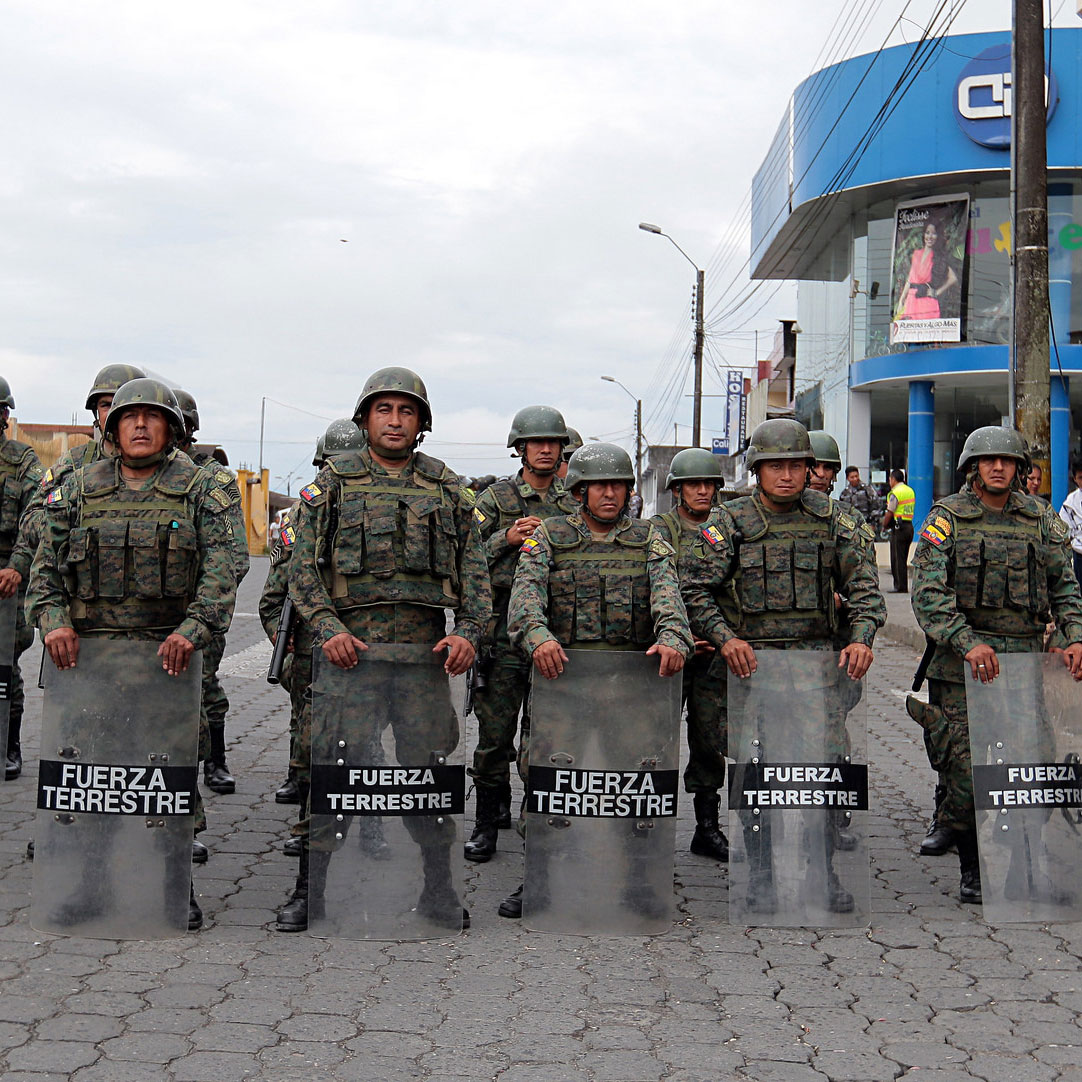
Reliance on resource rents keeps Latin American countries stuck in relations of dependency and undermines the core leftist goal of equality. The left must find another way.
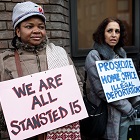
The Stansted 15 faced heavy charges for preventing a flight from deporting migrants from the UK. They avoided jail time, but the practices they protested are still in place.

How did “national liberation” become a rallying cry in what was once the world’s largest empire?

What did the L.A. teachers win? UTLA bargaining committee chair Arlene Inouye joins us to talk about the contract.
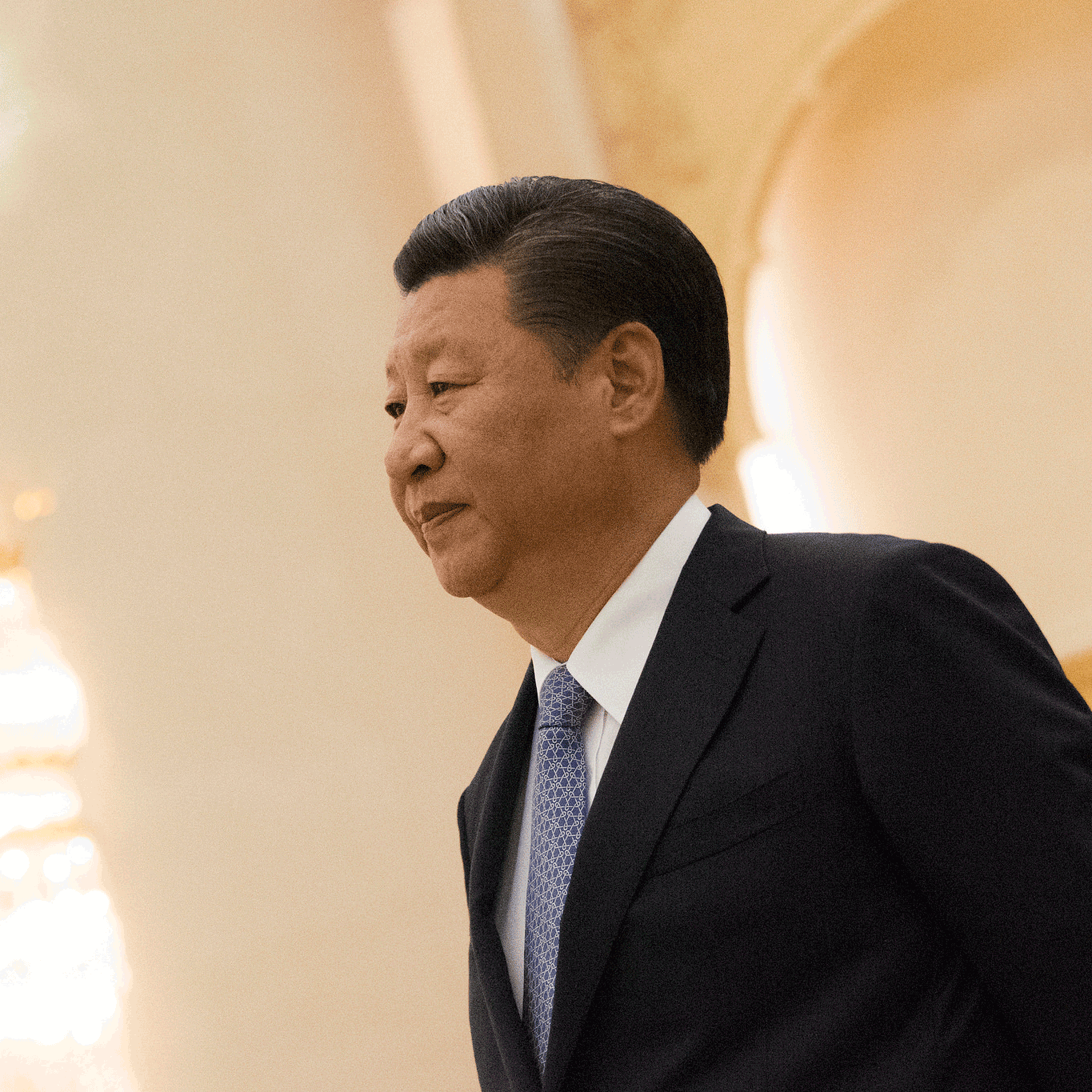
Xi Jinping has consolidated power to a degree not seen since the days of Mao. But the rigid system over which he presides may be more fragile than it seems.

Thousands of asylum seekers living in shelters at the U.S.-Mexico border face an uncertain future. Thousands more are heading north. A report from Tijuana.

Today’s backlash against intellectual life cannot simply be written off as a popular celebration of mindlessness.
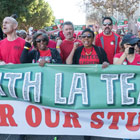
Los Angeles teachers showed bargaining for the common good could win. Their next challenge: changing California’s regressive tax policies.

Wright will be remembered as an iconic thinker who embodied the socialist vision that he worked so hard to bring forth.
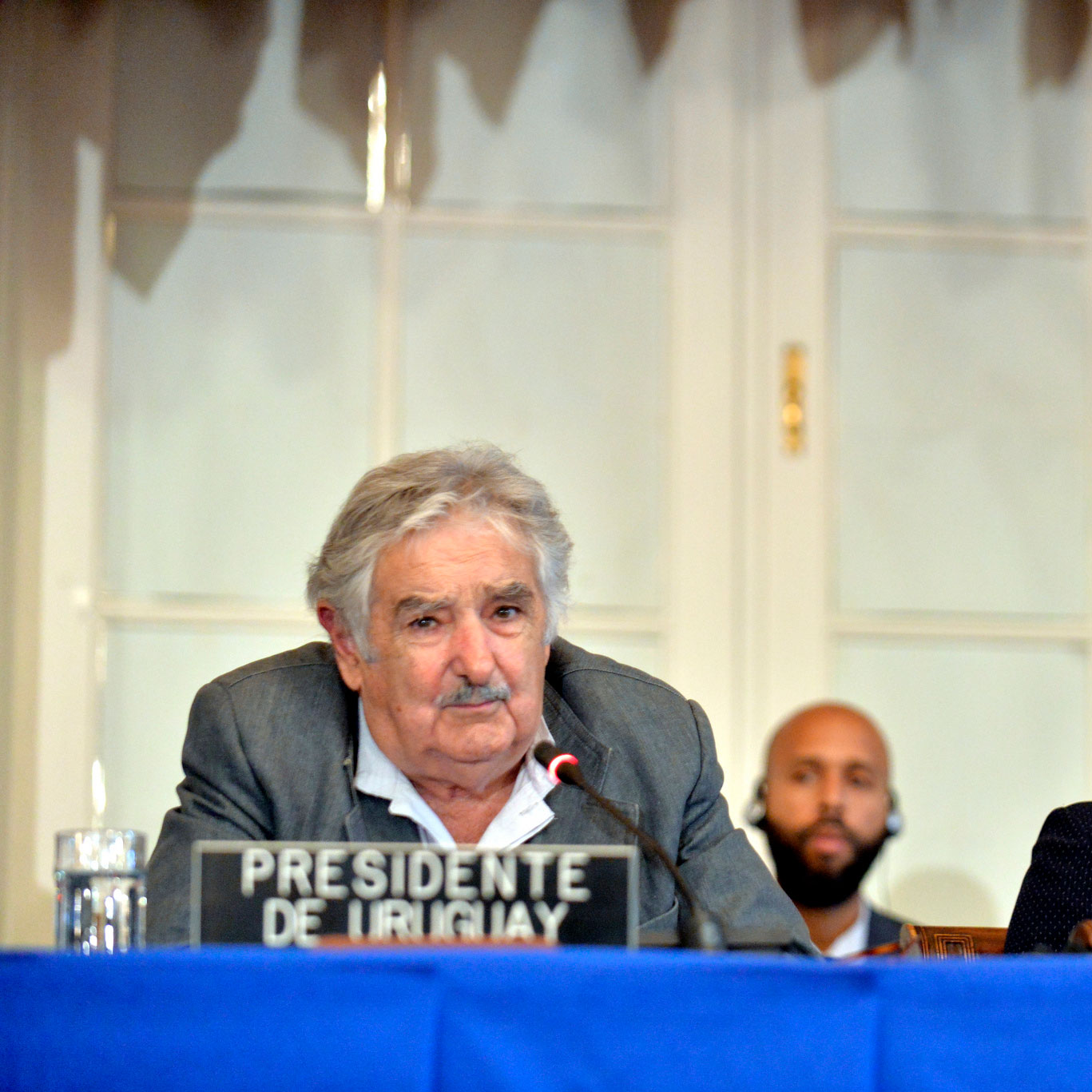
In the nearly fifteen years since it took power, the Uruguayan left has enjoyed broad legislative and economic success. But now its momentum may be stalling.
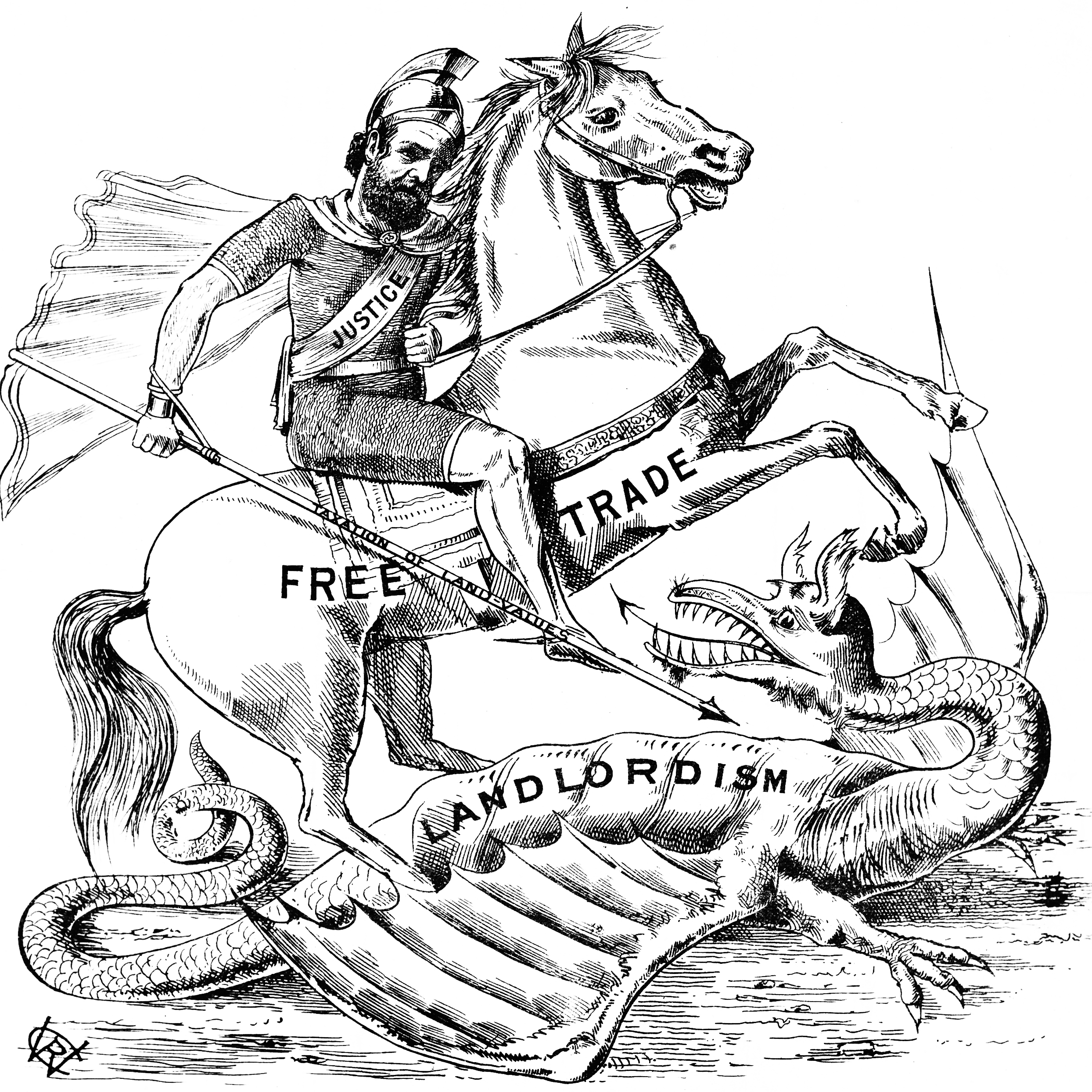
Economists Posner and Weyl’s book Radical Markets attempts to make sense of the current moment and propose a way out, but their unorthodox proposals come up short.